Profile
Grace Tivlyn Adomako Asamoah …professional truck driver rubbing shoulders with men
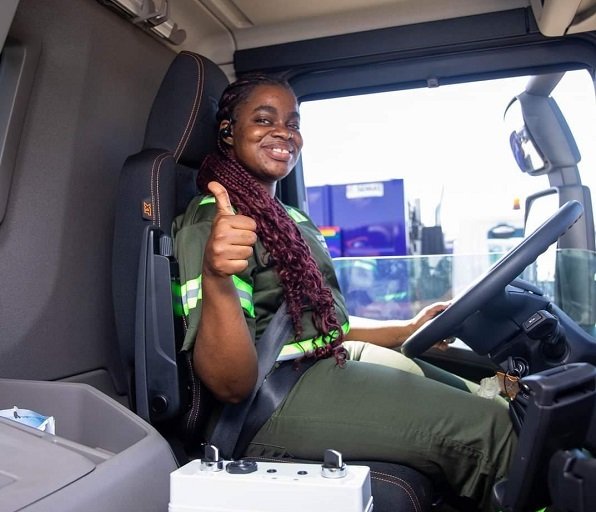
Truck driving is a profession many people regard as a man’s job and for that reason women are not easily accepted and sometimes they are castigated for taking up such a career.
But thirty-two year old Ms Grace Tivlyn Adomako Asamoah has defied the taunts of her family and friends to become what she had admired men do since her infancy.
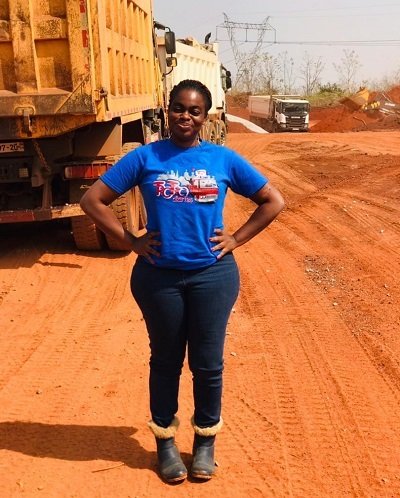

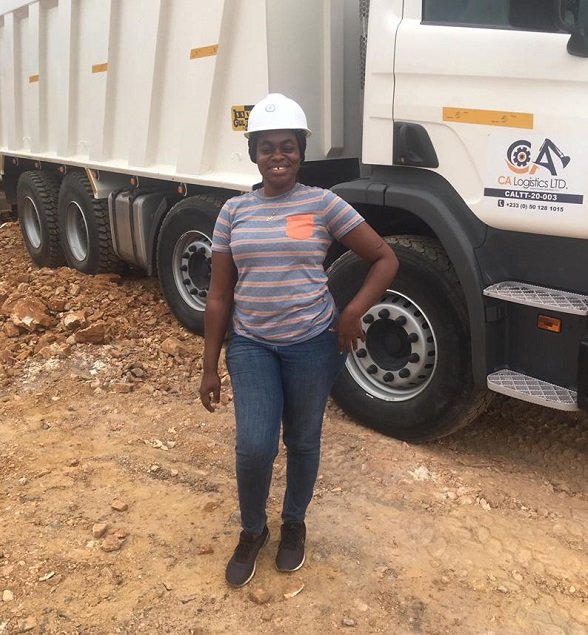
She is currently a heavy duty truck driver with C.A. Logistics, a subsidiary of Jospong Group of Companies with more than 20 men in the yard.
The ever smiling and courteous lady who speaks good English Language could not further her education due to financial difficulties.
At age 24, she obtained her Private Vehicle Licence and became a commercial driver four years later.
She became a heavy duty vehicle driver after completing a training organised by the Ministry of Transport in collaboration with GIZ, Ghana Technical Training Centre (GTTC), Greater Accra Passenger Transport Executive (GAPTE) and Scania, a company which deals in trucks, buses, engines, in Accra.
This gave her the opportunity to train as a driver with other 60 females.
According to Grace, her passion for driving does not kill her desire to become a pilot. Though age is catching up with her, she still dreams of making it into the Ghana Air Force one day.
Education
Ms Grace Adomako is a product of Bantama Presby Basic School and Serwaa Nyarko Girls’ Senior High School, all in the Ashanti Region. She is an old student of G-Health Consult also.
Work Schedule
Grace begins her day with Preventive Maintaince Checks and Services (PMCS) on her truck to ensure the safety and ‘operationalbility’ of the truck.
“I check tyre pressure, level of engine oil, mirrors, lights, wipers, brakes among others,” she said.
She takes orders from her office which can take her to and from the Compost and Recycling Plant in Accra to landfill site at Techiman in the Bono East Region.
“I have worked on projects at Agogbloshie demolition, construction of Adjen Kotoku market and Akomadan local government project,” she said.
Challenges
All this progress did not come on silver platter as friends and family members were heavily against her choice to become a truck driver because their understanding was that heavy truck driving was the preserve of men.
He mother, who is one of the great cheerleaders, was not spared the name calling and embarrassment either.
“On several occasions I have been castigated for being a truck driver even to the extent that people chastised my mother for encouraging me to become a truck driver,” she recalled.
Her colleague male drivers also tried to intimidate her with some of them asking her how she felt rubbing shoulders with them on the road.
Asked how she felt whenever she encountered such situations, the well read truck driver, paraphrasing the words of a Chinese surgeon, Tian Wei, said, “any society that fails to harness the energy of its women is at a huge disadvantage in the modern world.”
Grace is married to Mr. Dickson Berko-Aikins an Accra-based business owner with two boys aged 11 and three.
She said that her husband initially doubted her ability due to the risky nature of the job but it was now “all praises and encouragement from my darling Dickson.”
“Massa Dickson, Mama and all those who have kept my dreams alive, thank you, but this is just the beginning,” The jovial truck driver said with giggle.
Advice
The energetic young woman who likes dancing, swimming and travelling, tells other females to follow their passion and dreams.
By Jemima Esinam Kuatsinu
Profile
Raising disciples, and families …Mission of Rev. Dr Kisseadoo’s Fruitful Ministry Int’l
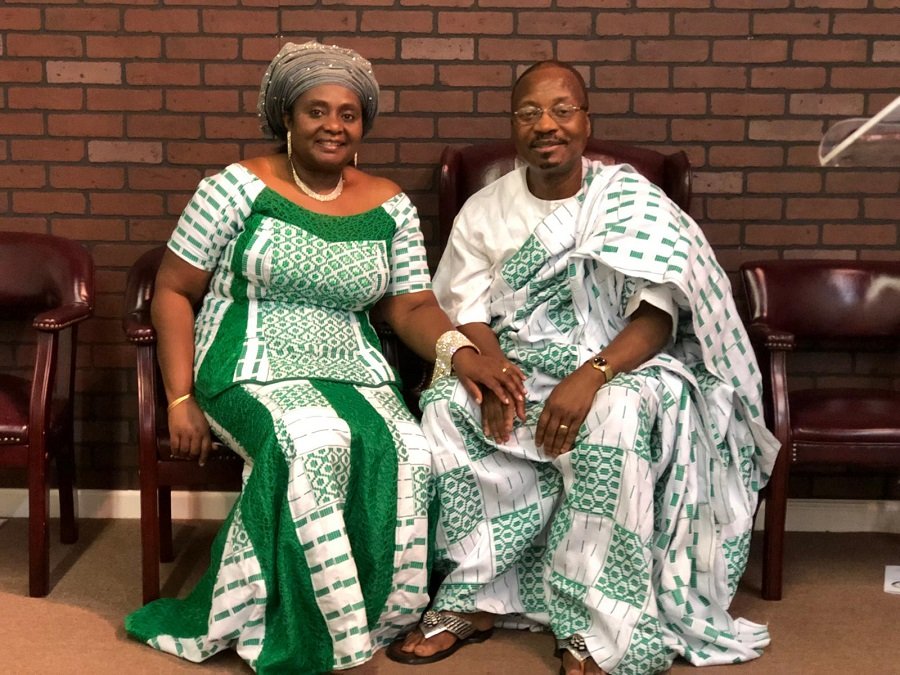
In Ghana’s Christian community and beyond, Rev. Dr Samuel Kisseadoo has become a household name for his practical teachings on marriage, parenting, and relationships.
For more than five decades, he has served as an Evangelist, Preacher, Writer, Counselor, and Teacher, raising a generation of believers whose lives bear testimony to his influence.
Born in Ghana, Dr Kisseadoo’s ministry journey began as early as 1969, during his secondary school days.
With a burden to share the gospel, he began preaching in schools, training colleges, fellowships, and churches across the country.
By the time he left for further studies abroad in 1993, he had already ministered in more than 85 secondary schools, witnessing mass conversions and altar calls.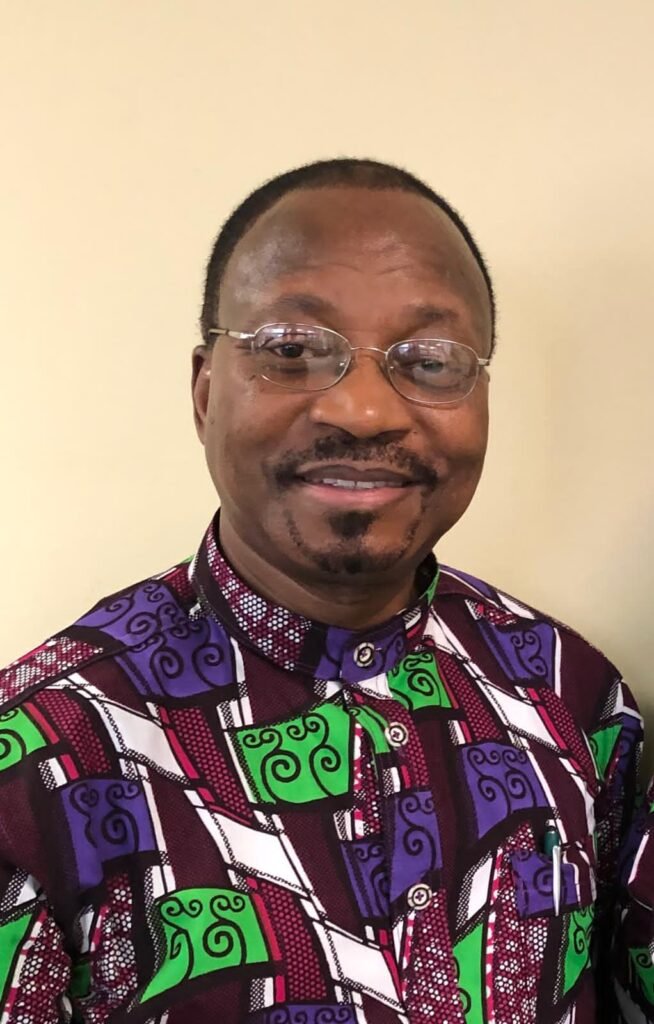
But as he recalls, his concern soon shifted. “I was getting fed up with too many decisions and few disciples,” he said, drawing inspiration from Acts 20:20, which emphasises both public proclamation and personal connection.
This principle-often referred to as the 20/20 vision of the church-shaped the foundation of his ministry: bold public teaching, paired with intimate discipleship through personal touch and attention.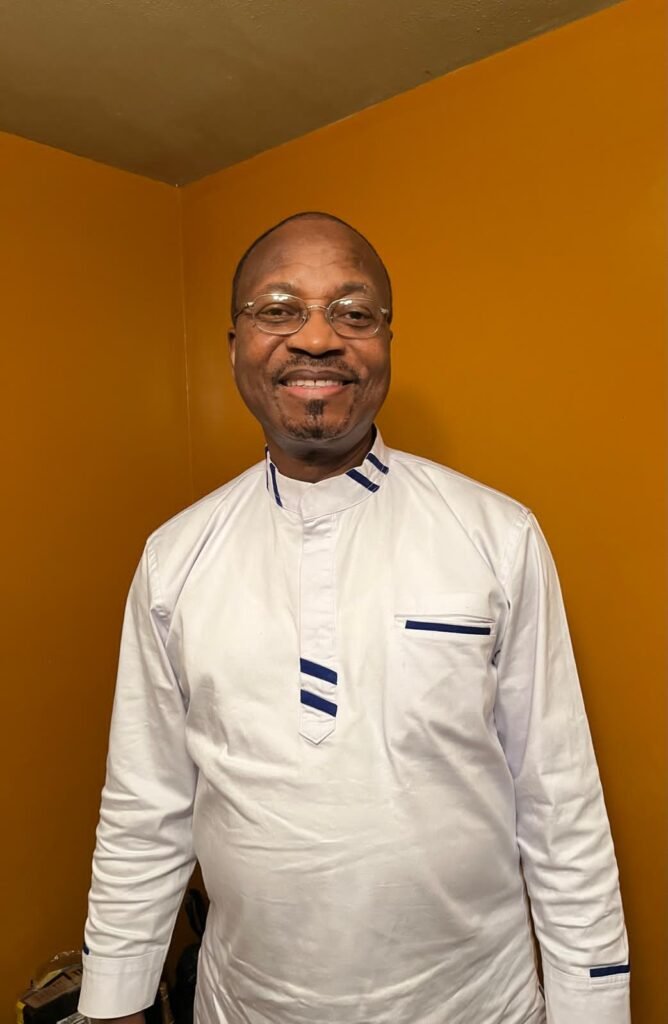
Dr Kisseadoo furthered his studies in the United States, earning his Ph.D. in New York in 1993. While in Holland and later America, he combined academic pursuits with active ministry, teaching and counseling both students and church groups.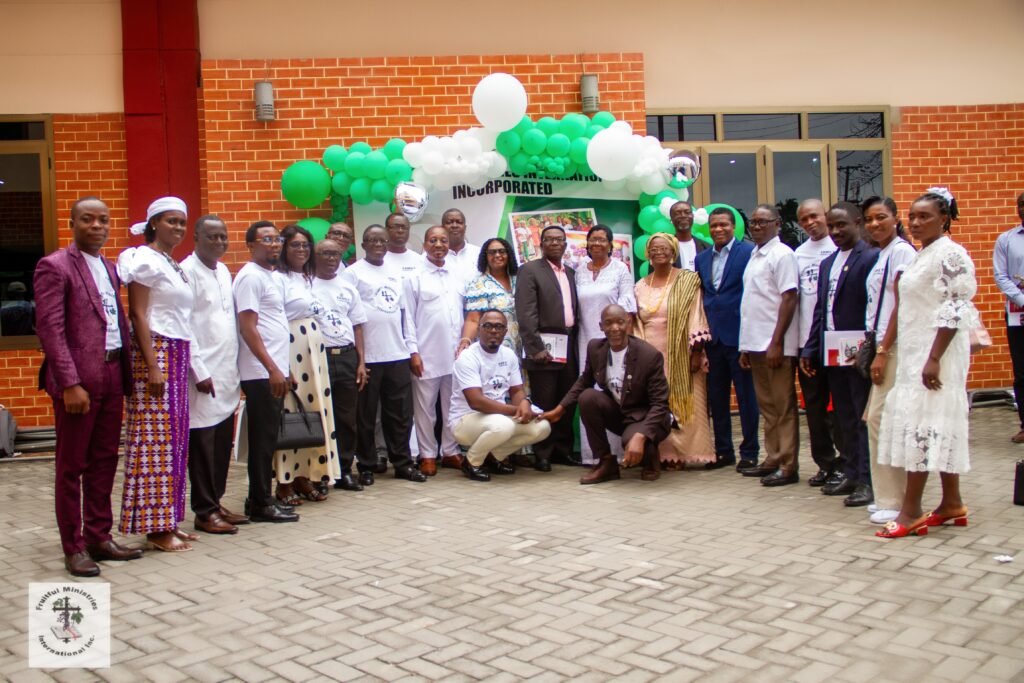
In 1994, after years of shaping lives abroad, he returned home to Ghana, where his ministry took on a national dimension.
In 1999, Dr Kisseadoo’s teachings on Joy FM-particularly his frank discussions on marriage, family, and relationships— drew national attention. His programme resonated deeply with listeners, sparking requests for organised teachings and counseling sessions.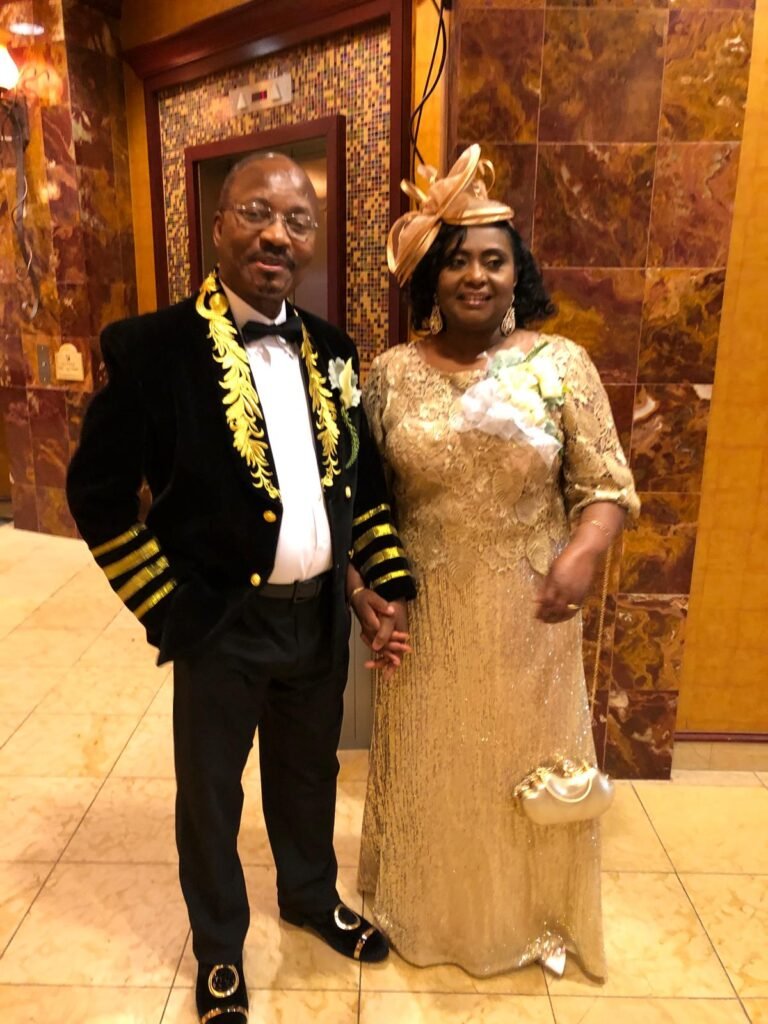
Speaking to The Spectator in an Accra, he said this led to the founding of Fruitful Ministries International, which was officially inaugurated on December 30, 2000, with over 400 participants in attendance despite Accra being choked with jubilant crowds celebrating the election of President John Agyekum Kufuor that same day.
He mentioned that Fruitful Ministries quickly grew into an international organisation, with 21 chapters in Ghana and abroad, structured around five objectives: evangelism, discipleship, prayer and empowerment, leadership development, family, marriage, and relationships.
Its motto, “Family Excellence,” and its theme verse, John 15:16-“I chose you to go and bear fruit that abides”-reflect its central vision: to nurture strong families that produce lasting impact.
“Today the ministry operates in two major zones- the southern zone with 13 chapters and the northern zone with 12 chapters with 36 platforms, ensuring its impact continues to multiply,” he said.
Dr Kisseadoo’s passion for family life and women’s empowerment is rooted in his upbringing. Losing his father at 12, he was raised by a devoted single mother whose resilience left a lasting imprint. “If I had GH¢100 in school, the first thing I would do was buy a gift for my mother,” he recalls.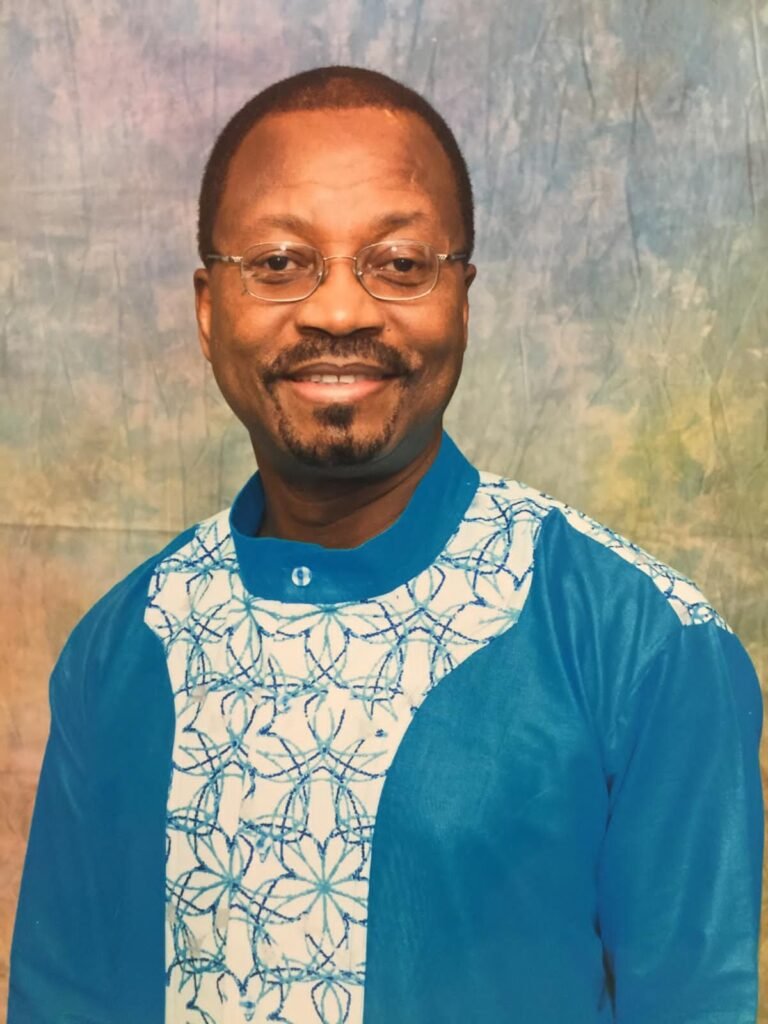
That love and compassion deepened during his campus ministry days at the Kwame Nkrumah University of Science and Technology (KNUST), where he frequently ministered to female students.
His early experiences convinced him that strengthening women, mothers, and families was vital to building a healthier society. “When God came to save humanity, He went to Mary, not Joseph,” he often says, underscoring women’s unique role in nurturing life.
Through initiatives like the Fruitful Ministries Club at Accra Girls Senior High School, hundreds of young women have been trained since 2006 in excellence, character, and preparation for future motherhood and leadership. Graduating students are awarded certificates, affirming their transformation into future pillars of society.
For more than two decades, Dr Kisseadoo has hosted “Hope for Your Family” on Joy 99.7 FM, airing every Saturday morning at 5:30 a.m.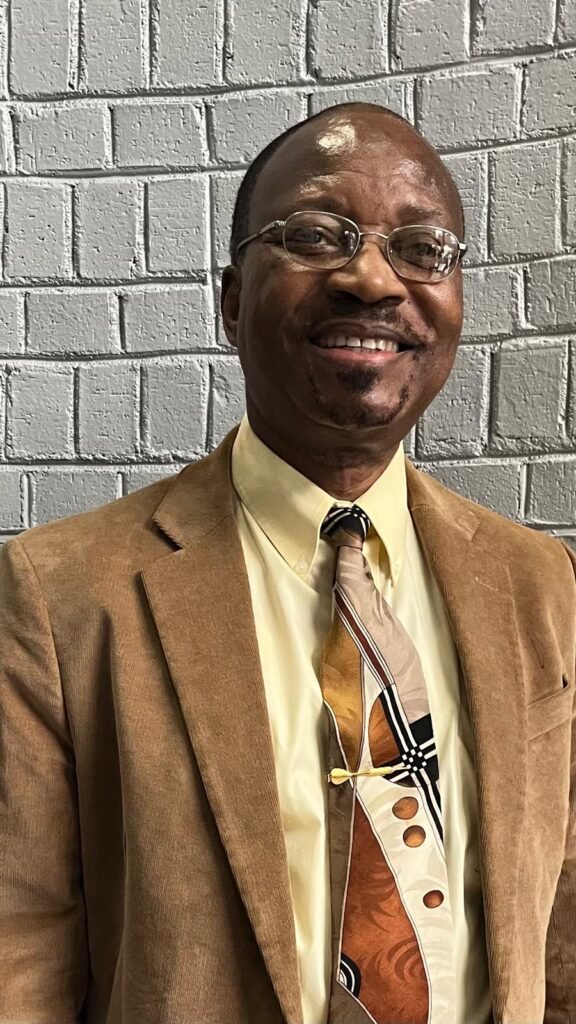
The broadcast has become a lifeline for families seeking guidance on marriage, parenting, and personal development.
He is also a prolific author, having published 32 books covering topics from discipleship to marriage and conflict resolution. His articles have appeared in both local and international publications, extending his reach far beyond the pulpit.
Whether speaking to large crowds, counseling couples, or addressing young people, Dr Kisseadoo’s teachings remain practical and down-to-earth.
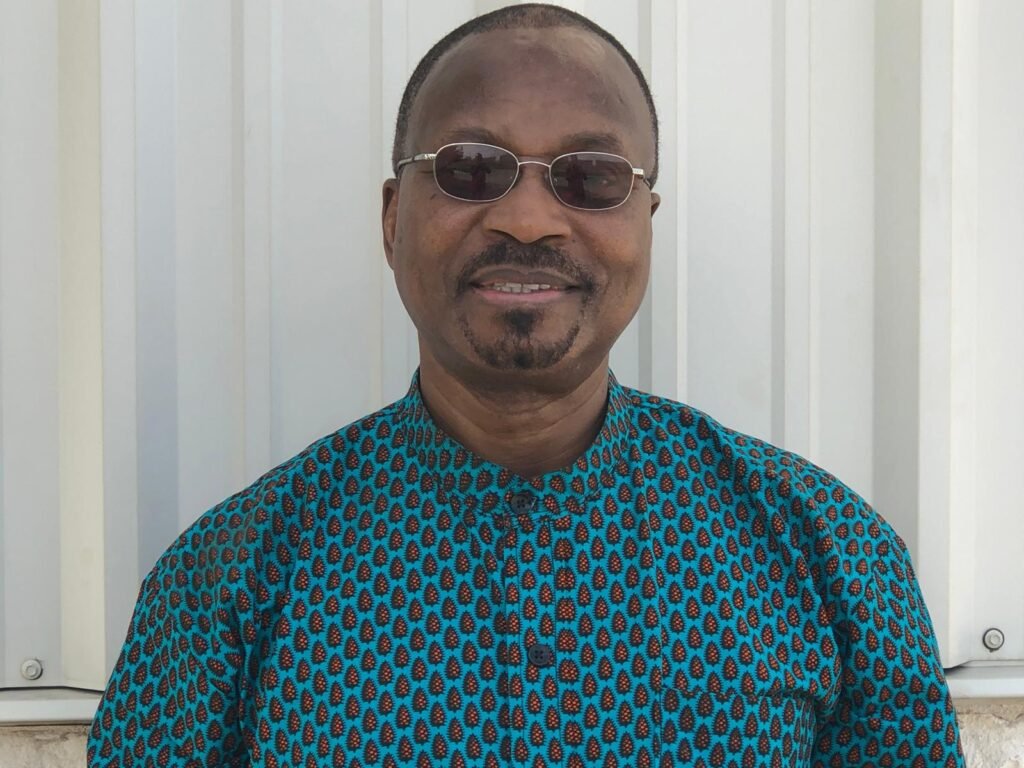
He tackles sensitive issues like sexuality, financial management in marriage, conflict resolution, and parenting with courage and clarity.
“No matter who you are, everything comes back to the home,” he insists. “Your lifestyle at home defines the person you present to the world,” Rev Kisseadoo stated.
He mentioned that despite its growth, Fruitful Ministries faces ongoing challenges. From limited office space to resource constraints, sustaining its operations has not been easy.
According to him, there is also the misconception that, because its founder resides in the United States of America (USA), the ministry was well-funded-a notion far from reality. Recruiting and retaining committed workers has also proven difficult.
But Dr Kisseadoo remains undeterred. “We don’t just want people to go to heaven, we want them to be useful on earth as well,” he said.
Today, Rev. Dr Samuel Kisseadoo is celebrated not only as a preacher but also as a mentor, writer, and counselor whose ministry has raised disciples, leaders, and families across Ghana and the diaspora.
By Esinam Jemima Kuatsinu
Profile
Salamatu Ahmed, Ghana’s only female Hausa sports broadcaster
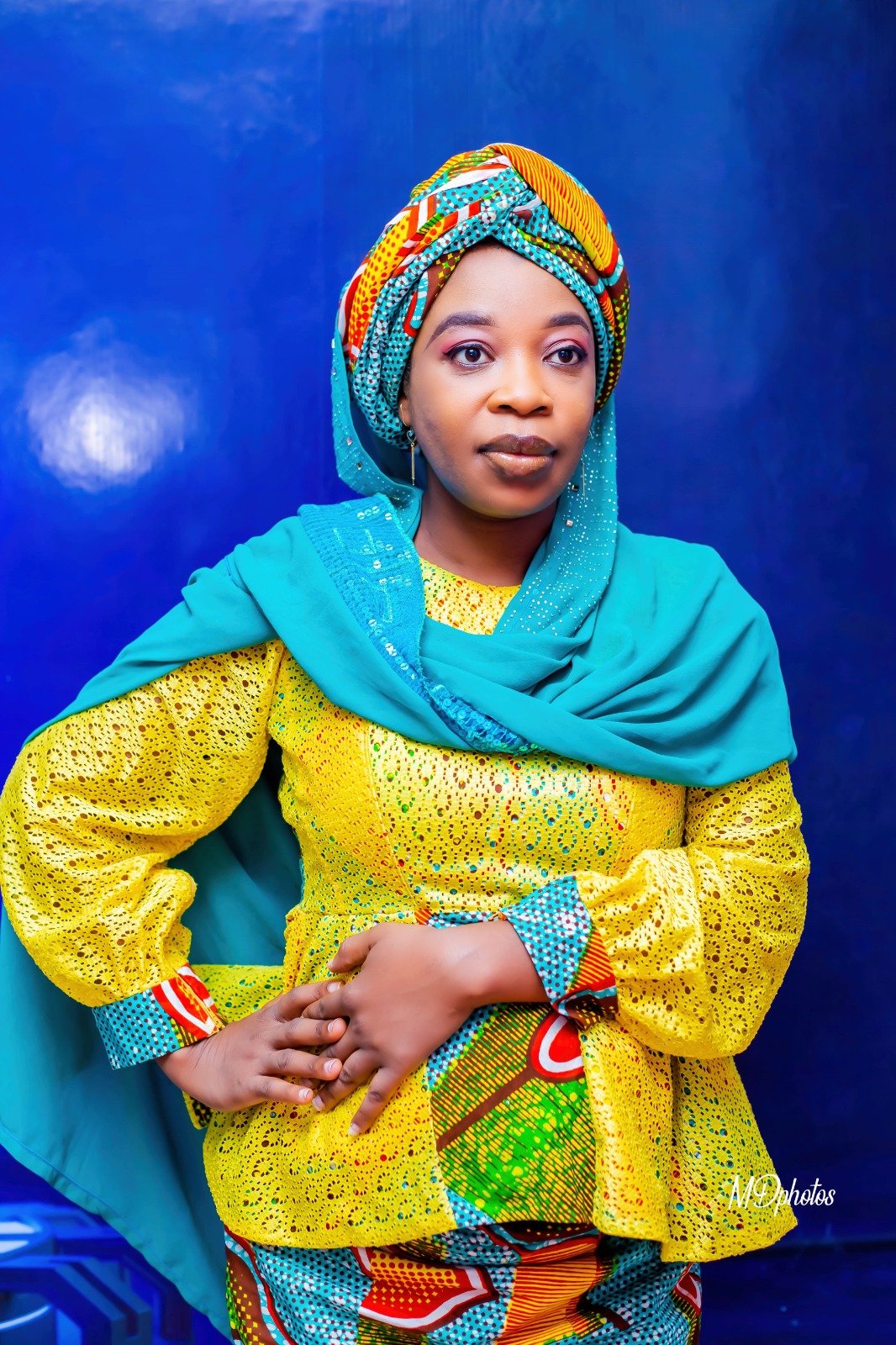
In a field long dominated by men, she has turned her microphone into a tool for change, amplifying women’s voices, promoting gender equality, and challenging deep-rooted stereotypes in sports journalism.
In Ghana’s media landscape, especially in the arena of sports, Salamatu Ahmed stands out. Not just as the host of Iqra Radio’s popular morning show, but as the country’s only female Hausa sports broadcaster.
From humble beginnings in Lagos to an influential voice behind the microphone in Accra, her journey is one of boldness, resilience, and purpose.
“I grew up in a close-knit neighbourhood in Lagos where everyone looked out for each other,” she recalled in an interview with The Spectator on Monday. “There was no discrimination. I could enter any house, share a meal or even sleep over without raising eyebrows. That spirit of unity shaped my values.”
She said, her love for broadcasting was sparked by her father, who was an athlete and devoted news watcher. Her father loved sports and news and recounted how she used to sit with him, watching the newscasters and wondering how they memorised so much.
“I later found out they used a teleprompter-what a relief!” she said with a laughter.
Salamatu’s passion for football heightened during the France ‘98 World Cup. “I watched almost all the matches. That tournament made me fall completely in love with the game,” she said.
But it was not until years later that broadcasting became a real career path-and quite unexpectedly.
She recounted how a friend of hers was managing Hijra TV asked her if she knew anyone who could do Hausa sports for the TV station.
She grabbed the opportunity as she was not working at the time, saying “so I offered myself,” she explained. “That was how it all started.” From Hijra TV, she moved on to Baina TV and eventually found her home at Iqra Radio.
Though her original dream was to become an English-language sports anchor, Hausa unexpectedly became her breakthrough. “People always ask how I manage to do it in Hausa, and the fascinating part is I am a woman doing it. That’s what truly sets it apart.”
But the journey has not been without hurdles. As a woman in sports media, she has had to fight for access and respect.
“It is always difficult getting interviews. Some male counterparts do not like sharing contacts or information,” she said.
Salamatu recounted how early on, men would ask for sexual favours in exchange for job opportunities. She said it got so discouraging that she left job-hunting for a while and ventured into business instead.
Now firmly established in her field, she uses her platform not only to cover sports, but to push for systemic change. As a panelist on various forums and a vocal supporter of women’s football, Salamatu has advocated for increased investment, better pay, and more opportunities for female athletes.
“Why should male footballers be paid more for doing the same job?” she quizzed during the conversation. “Female athletes often do not get bonuses or incentives that make life easier for them. People label us feminists for speaking out-but isn’t it just fairness?”
She also spoke passionately about how female athletes face scrutiny that goes beyond performance. “Look at Barbara Banda of Zambia; she faced criticism for being too ‘masculine.’ Imane Khelif, the Algerian boxer, faced similar discrimination. It’s disheartening. People forget these women are excelling at their craft.”

In 2024, Salamatu’s influence reached the global stage when she was selected to represent Ghana at the Fourth Eurasian Women’s Forum in St. Petersburg, Russia. There, she joined other global leaders in conversations about empowering women in media, politics, and business.
“That experience showed me that our voices matter beyond our borders,” she said. “We are not just fighting for recognition here; we are part of a global movement.”
Away from the microphone, Salamatu is known for her bubbly personality. “I am a fun-loving person-anything fun, count me in! I love cooking, watching movies, and reading.”
She credits her background-a Muslim from a Zango family for instilling in her resilience and discipline.
After schooling in Lagos, she moved to Ghana and earned a diploma in Communication Studies from the African University College of Communications (AUCC), now African University of Communication and Business (AUCB).
Her greatest pride is being the only female voice doing Hausa sports broadcasting in Ghana.
“Until someone else comes along, I will keep holding this fort,” she said with a smile. “It is my biggest achievement so far.”
For young girls looking up to her, she urged them never to be intimidated but rather carve a niche for themselves and be unique.
“You do not have to sound like or look like everyone else. Just be you and be excellent,” she added.
By Esinam Jemima Kuatsinu






